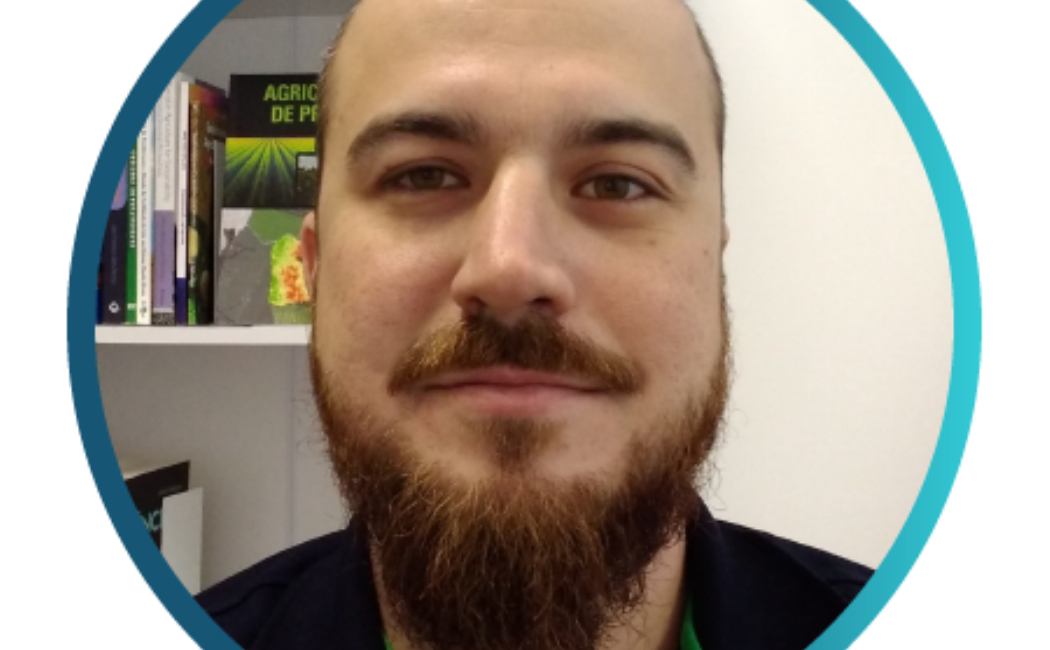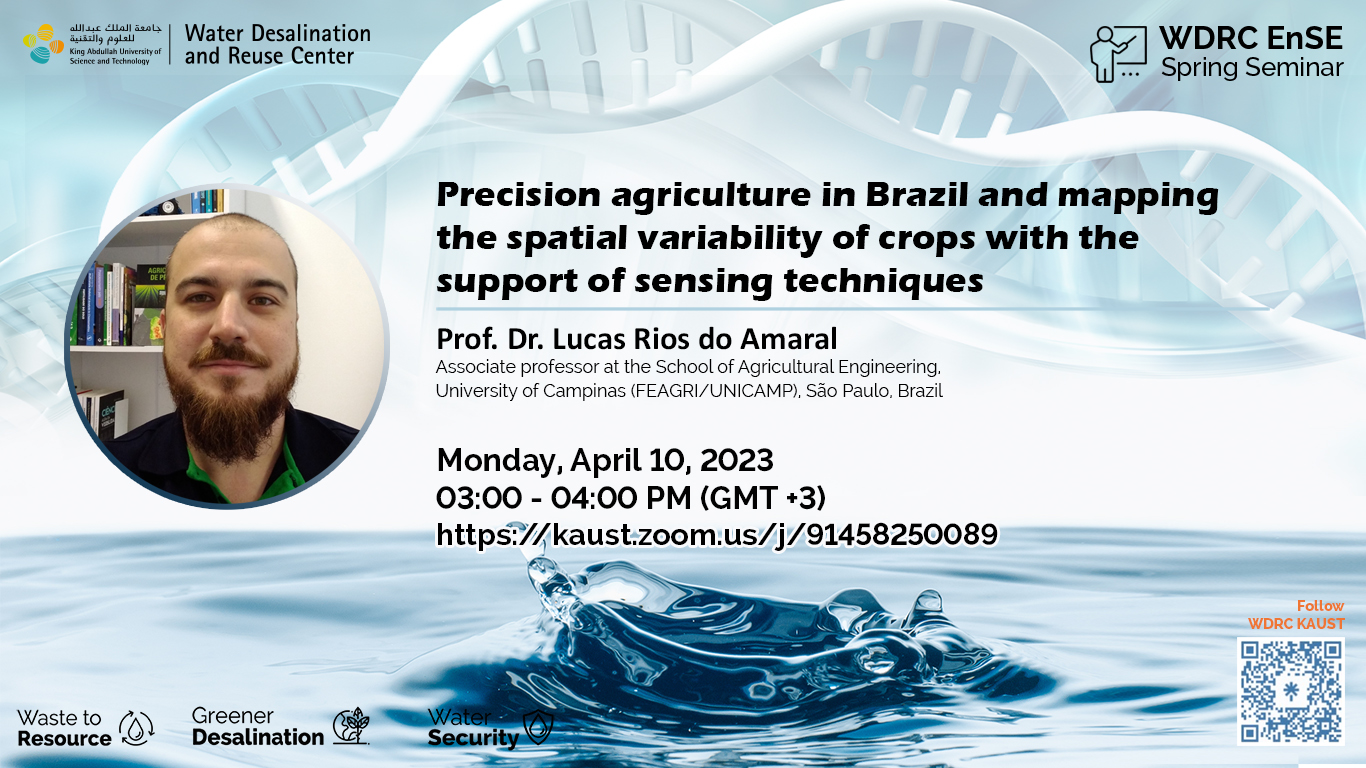



Abstract:
In Brazil, precision agriculture (PA) is based almost exclusively on grid soil sampling to create variable-rate fertilizer prescription maps. However, with the advancement of digital tools, several technologies are available to the farmer and are beginning to be used in the field. However, the lack of guidelines for using these technologies at the national level is an obstacle to the development of PA. Thus, remote and proximal sensing techniques must be explored for Brazilian growing conditions. In this sense, this presentation will provide an overview of techniques capable of improving digital soil mapping, such as sampling optimization through sensing covariates and the use of multivariate spatial prediction methods. In addition, research regarding the definition of management zones will be addressed since their adoption must depend on the agricultural systems in question (i.e., sugarcane production, grain crops (mainly soybean), and crop-livestock integration systems). Moreover, preliminary research with pest mapping will also be presented.
About the speaker:
Agronomist with a master and PhD in Plant Science. Associate professor at the School of Agricultural Engineering at the University of Campinas (FEAGRI/UNICAMP), São Paulo state, Brazil, since 2015. As a Precision Agriculture expert, the main research lines of professor Amaral are remote and proximal soil and plant sensing, geostatistics, soil sampling, variable-rate applications, and management zones. He has published 43 papers and one book. He advises PhD, master, and scientific initiation students and is accredited as a permanent professor in the Graduate Program in Agricultural Engineering and a collaborating professor in the Integrated PhD Program in Bioenergy. He is a member of the Board of Directors of the Brazilian Association of Precision Agriculture (AsBraAP). Periodically offers remote courses on precision agriculture and geostatistics and has an active professional profile on Instagram (@lucasamaral.unicamp) and LinkedIn.